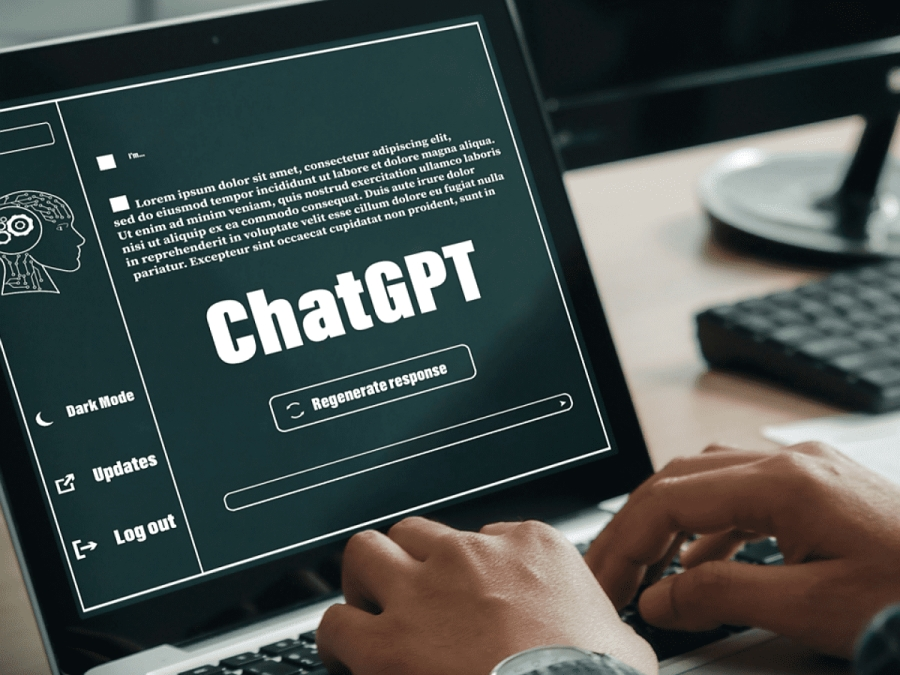BlueFocus, a major Chinese advertising company, will “indefinitely” end hiring external designers and copywriters, replacing it with an AI tool similar to ChatGPT.
In an internal email, BlueFocus said it would immediately cut some outsourcing costs, including design and content creation staff, to “fully pursue generative AI.”
BlueFocus is ranked 11th among global public relations firms in 2022. The company has been betting big on AI since Microsoft became a client this year. Microsoft is a major investor in OpenAI, the developer of the ChatGPT chatbot.

AI tools like ChatGPT can replace some human jobs
Earlier this week, BlueFocus revealed that it had accessed ChatGPT via Microsoft’s cloud service and was learning about the capabilities of Bing AI search engine. It also studied Chinese ChatGPT-like tools, including Baidu’s Ernie Bot, for use in character building and other digital marketing tasks. It also signed up to use Alibaba’s recently launched Qianwen AI chatbot.
After its release in November 2022, ChatGPT has become a global sensation thanks to its ability to quickly respond to a wide range of questions, but it has also raised concerns about jobs in many industries. In a study last month, OpenAI found that at least 10% of the jobs of nearly 80% of the US workforce will be affected by generative AI.
Goldman Sachs economists predict that technology similar to ChatGPT could replace up to a quarter of current jobs, particularly in clerical and legal work. Several major economies are starting to look at how to regulate artificial AI due to its potential social and ethical implications.
The US Department of Commerce recently said it would seek public comment on its approach to new AI tools, while the EU is also discussing the AI Act, first proposed in 2021, to regulate the use of AI products based on risk levels.
Earlier this month, Italy became the first country to ban ChatGPT over security concerns. However, it has only recently released a list of requirements for ChatGPT to comply with.
Chinese authorities have drafted regulations to curb the rapid development of generative AI, requiring developers to pass security reviews before releasing products to the public.
According to Vietnamnet